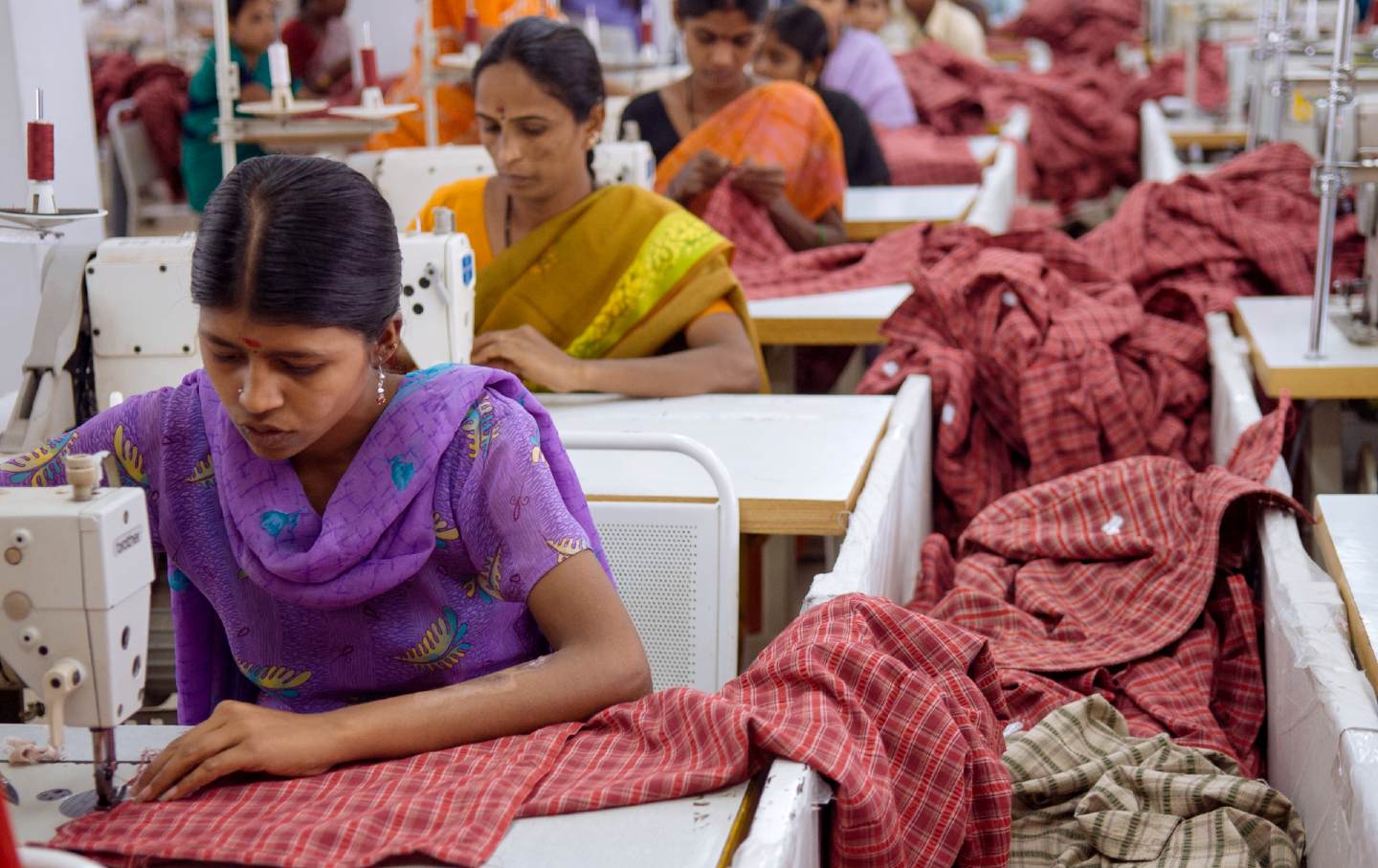A new report by Cividep India has exposed the harrowing working conditions faced by women garment workers in Karnataka. Wages as low as ₹10,000 a month, verbal and physical abuse, and restrictions on basic necessities like toilet time are just some of the atrocities endured by these vulnerable individuals.
The study, authored by Supriya Roy Chowdhury, highlights the interconnectedness between paid factory work and unpaid household labour, and how this perpetuates marginalisation in future generations. Despite earlier reports documenting poor working conditions in the garment industry, this latest research sheds further light on the systemic issues plaguing the sector.
The report surveyed 184 women garment workers in Bengaluru and Mysuru, finding that the minimum wage in the sector is significantly lower than that of other industries. Moreover, many women are forced to work excessive overtime without adequate compensation. Despite the demanding nature of their work, a significant number of women are compelled to take on additional paid work to make ends meet.
The study also revealed a disturbing prevalence of abuse in the garment industry. All respondents reported experiencing verbal abuse, while a majority faced physical and sexual harassment. Restrictions on toilet time, a basic human right, were also commonplace.
The report attributes these deplorable conditions to weak regulation of global supply chains and the state’s failure to enforce labour laws. Dr Chowdhury emphasised the need for stronger regulatory systems and inspections to improve working conditions and protect the rights of garment workers.
The study’s findings have far-reaching implications. The physically and mentally exhausting nature of the work, coupled with the lack of support from the state and capital, perpetuates a cycle of marginalisation. Many women expressed their desire for their children to pursue better opportunities, but the state’s failure to provide adequate education hinders their aspirations.
The report concludes that the state is complicit in the production of a disempowered female workforce. By failing to address the underlying issues, the state is perpetuating a system that benefits corporations while exploiting workers. Urgent action is needed to improve the working conditions of garment workers and ensure their rights are protected.

